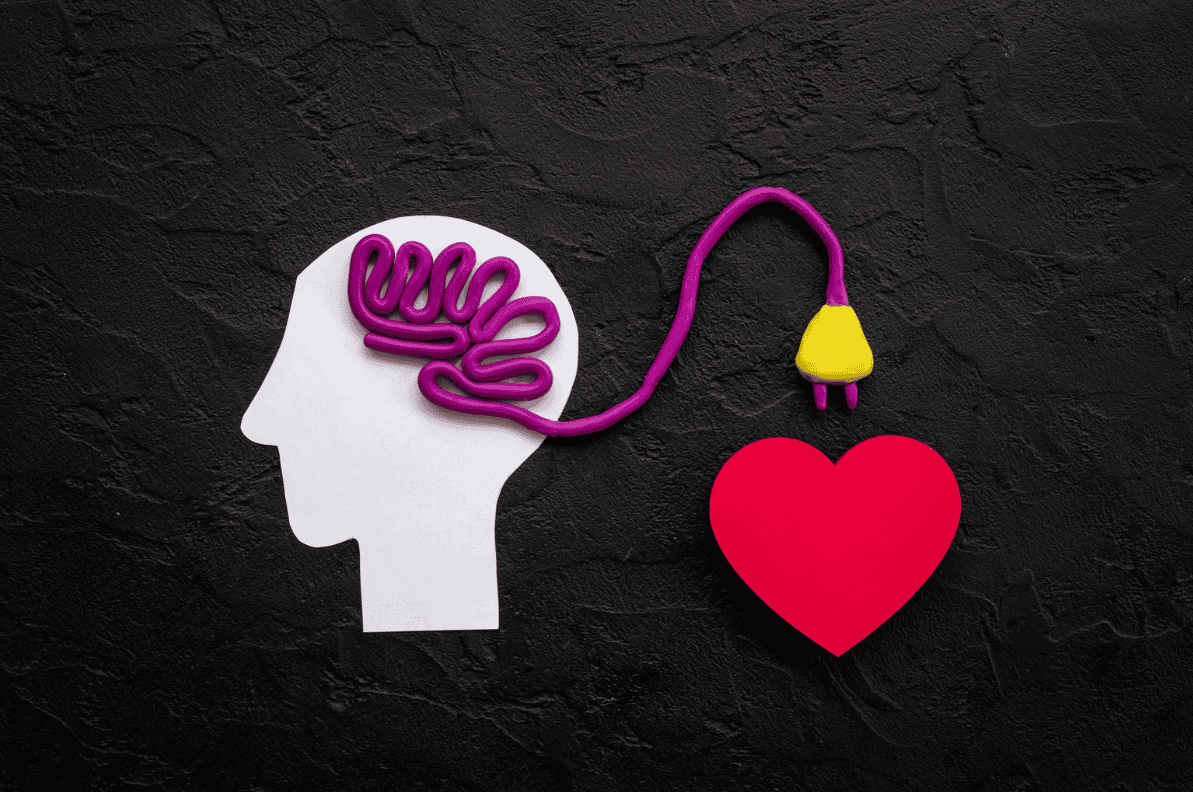Can Mindfulness Practices Truly Improve Mental Health?
In the field of mental health, there has been a growing shift towards integrating holistic practices with traditional psychological therapies. Among these, mindfulness has gained considerable attention for its potential benefits. As mental health issues continue to impact a diverse range of individuals, understanding the role of mindfulness in promoting mental well-being has become increasingly … Continue reading “Can Mindfulness Practices Truly Improve Mental Health?”










